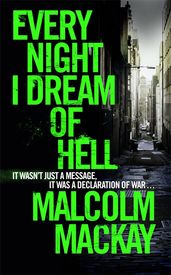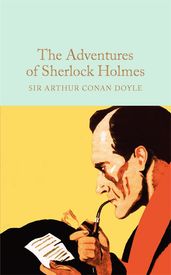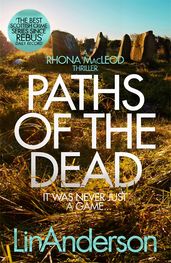The best Scottish crime books
Discover our edit of the most gripping Scottish crime novels.

From much-loved Scottish crime writers like Ann Cleeves and Lin Anderson to Bloody Scotland, the country's international crime writing festival, Scottish crime fiction – or tartan noir – is only growing in popularity. Here's our edit of the best Scottish crime books.
The Moth Catcher
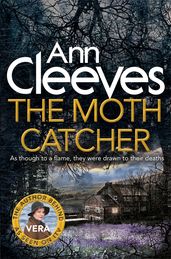
Life seems perfect in Valley Farm, a quiet community in Northumberland. Then a shocking discovery shatters the silence. The owners of a big country house have employed a house-sitter, a young ecologist named Patrick, to look after the place while they're away. But Patrick is found dead by the side of the lane into the valley.
DI Vera Stanhope arrives on the scene, with her detectives Holly and Joe. When they look round the attic of the big house – where Patrick has a flat – she finds the body of a second man. All the two victims have in common is a fascination with moths – catching these beautiful, rare creatures.
Those who live in the Valley Farm development have secrets too: Annie and Sam's daughter is due to be released from prison any day; Nigel watches, silently, every day, from his window. As Vera is drawn into the claustrophobic world of this increasingly strange community, she realizes that there may be deadly secrets trapped here . . .
Every Night I Dream of Hell
by Malcolm Mackay
Nate Colgan: a violent man; 'smart muscle' for the Jamieson organization. Someone to be afraid of.
But now, with its most powerful individuals either dead or behind bars, things within the Jamieson organization are beginning to shift. When Nate, long working on the fringes of the business, is reluctantly appointed its new 'security consultant', he can little imagine how things are about to unravel . . .
It begins with an execution, a message; and soon the various factions within the organization are sent into chaos. But out of the confusion comes one clear fact: a new group has arrived in Glasgow, and in their quest for power they are prepared to ignite a war. but who is behind the group? And why has the calculating Zara Cope – the mother of Nate's child – suddenly appeared back in town?
Meanwhile, DI Fisher, buoyed by his recent successes in finally jailing some of the city's most notorious criminals, is prowling on the edges of these latest battles, looking for his chance to strike before all hell breaks loose . . .
Black And Blue
by Ian Rankin
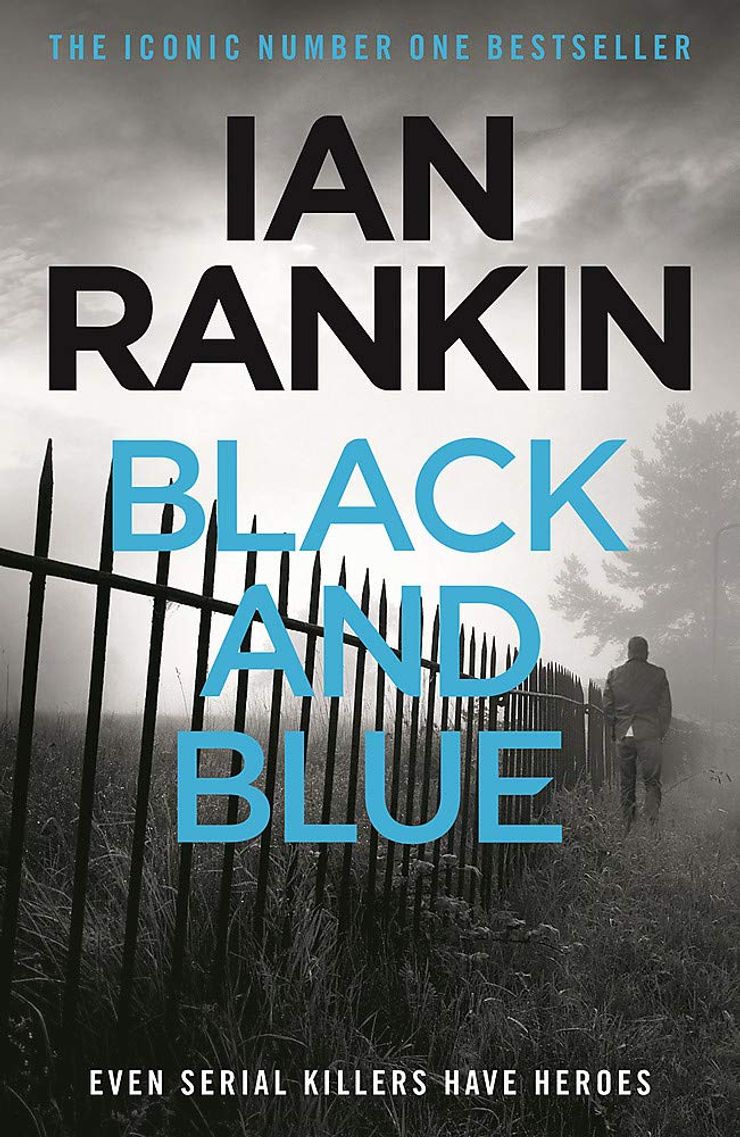
It might not be the first book in Ian Rankin's Rebus series, but it's the one that put the novelist and his leading man at the forefront of the tartan noir genre. It's especially exciting because the fictional Rebus is working on a real life case – that of the Glaswegian serial killer Bible John. Can Rebus solve a mystery that technically remains unsolved today?
The Adventures of Sherlock Holmes
by Arthur Conan Doyle
Though Holmes himself is English, his creator was born in Edinburgh and the magnificence of what he created was first recognised by The Scotsman and the Glasgow Herald when they reviewed a Study in Scarlet. Any excuse to feature the great Baker Street detective in a reading list can't be missed!
Paths of the Dead
by Lin Anderson
Lin Anderson's Rhona Macleod series has been widely acclaimed over the past ten years. A forensic scientist, Macleod's latest outing sees her investigating the death of a young man, whose body is found inside a neolithic stone circle high above the city of Glasgow. When a second body is found in similar circumstances, a pattern begins to emerge, of a killer intent on masterminding a gruesome druidic game that everyone will be forced to play. Anderson is also a co-founder of Bloody Scotland, Scotland's international crime writing festival.
The No. 1 Ladies' Detective Agency
by Alexander McCall Smith
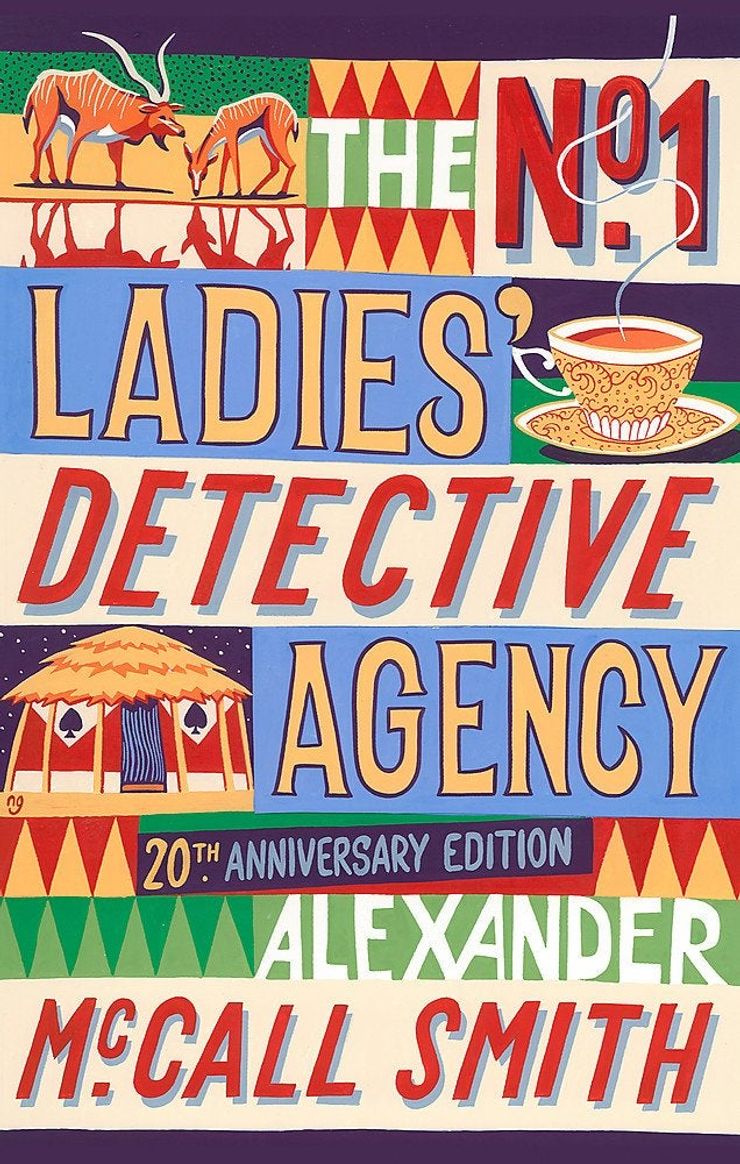
Another from an author in Scotland, though this time one whose protagonist is significantly further away . . . In Botswana, Precious Ramotswe becomes a detective and sets up the first ladies' detective agency. This novel, like the rest of the series, is much more focused on the investigation aspect of a crime than the crime itself, and is as much about the place and people of the novel as the events.
The Distant Echo
by Val McDermid
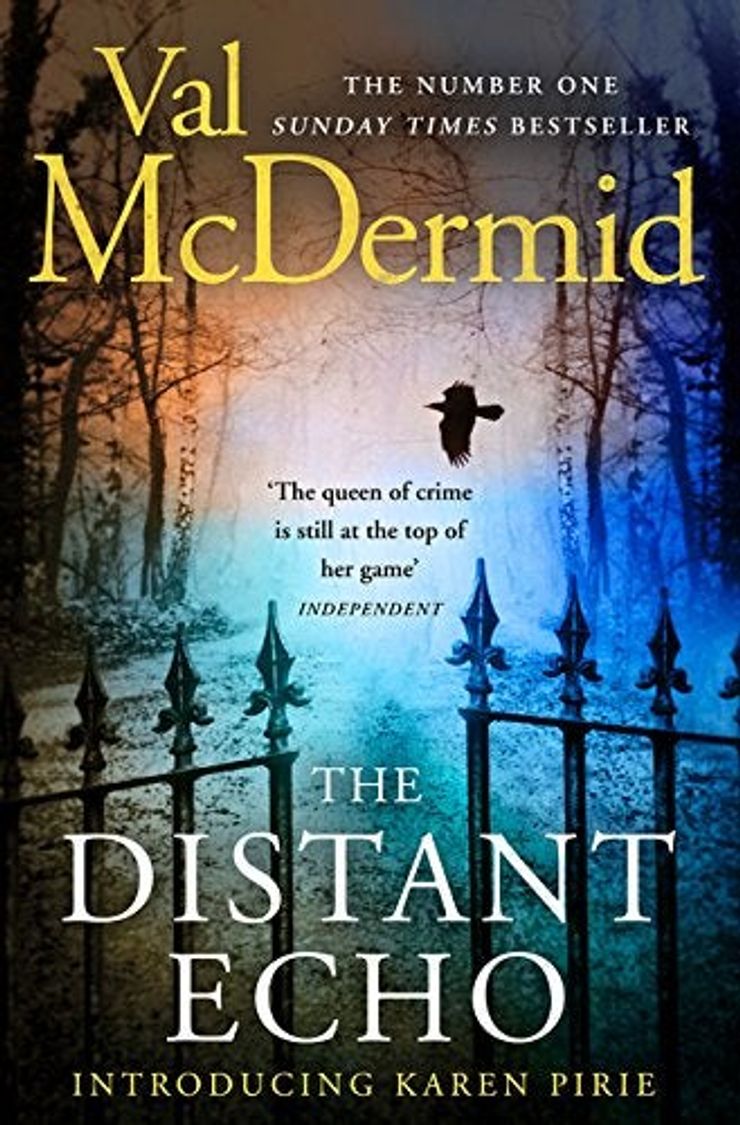
No list about Scottish crime would be complete without a McDermid novel – her three crime series featuring Lindsay Gordon, Kate Brannigan, and Tony Hill and Carol Jordan are loved in their native Scotland and far beyond. The Distant Echo is her 2003 novel which sees four murder suspects become victims – or potential victims – in their own right. Can they find the original killer to save themselves?
Celebrate the best of Scottish poetry with these collections
